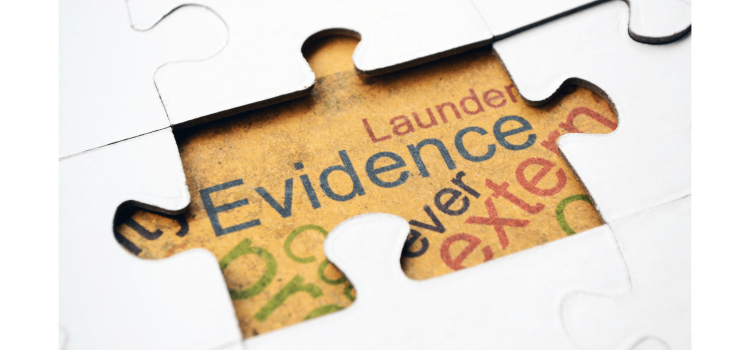Heuristica Discovery Counsel is a boutique legal practice focused on electronic discovery, evidence management, and related litigation and legal services.
Towards More Efficient and Cost-effective Discovery

Crystal O’Donnell Chief Executive Officer and Senior Counsel November 3, 2021 Discovery is typically the most time-consuming and expensive aspect of any legal dispute. This article provides some practical guidance and key tips for minimizing risk and cost for enterprises involved in disputes or regulatory matters that require the production of electronically stored information (ESI). The most effective way to minimize eDiscovery cost and risk is to start with good document management and retention policies. While document management and retention are substantive and complex areas, there are a couple things that do not require software or







